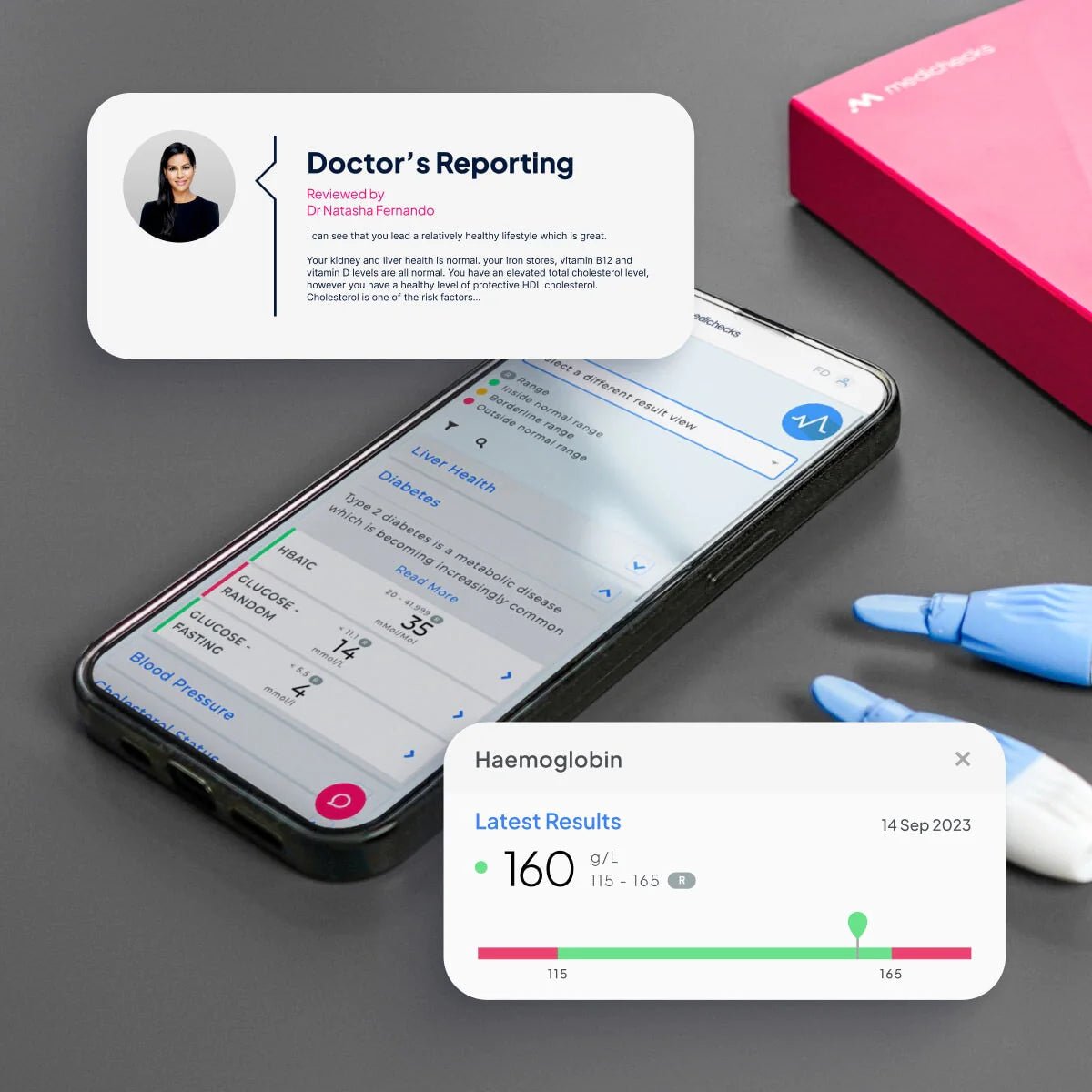Lipoprotein (a) Blood Test
Description
Check your level of lipoprotein(a) to find out more about your risk of cardiovascular disease. Lipoprotein(a) is a particle made of fat and protein that’s found in the blood. It’s thought to play an important role in the blood’s clotting system. Raised levels are linked to an increased risk of cardiovascular disease, including heart attacks and strokes. The amount of lipoprotein(a) in your blood is determined by your genes. Insights from this test may help you take steps to improve your heart health if your lipoprotein(a) level is raised.
Lipoprotein (a) Blood Test, from our experts to you.
What are lipoproteins?
Lipoproteins are made of fat (lipids) and proteins and transport cholesterol and triglycerides in your blood.
What do high lipoprotein A levels mean?
Lipoprotein(a) - also known as lp(a) - is a risk factor for heart disease, especially when LDL cholesterol is also raised. Lp(a) can accelerate the development of plaques forming in the arteries, which narrow and harden the arteries.
What affects lp(a)?
The concentration of lp(a) within the blood is genetically determined and will remain fairly constant in an individual over their lifetime.
What's Included?
Cholesterol status
Lipoprotein A
Lipoprotein(a), or Lp(a), is a type of lipoprotein made by the liver. Lp(a) is very similar to LDL cholesterol but is more "sticky" as it also contains a protein called Apo(a). Lp(a) is thought to play an important role in the blood's clotting system, but raised levels are linked to a higher risk of cardiovascular disease, including heart attacks and strokes. Knowing your level can help stratify your risk. The amount of Lp(a) in your blood is determined by your genes and not affected by your age or sex.
BE MORE JELLYFISH
The science of Longevity is growing at breakneck speed and tens of BILLIONS of dollars are being invested in solutions to help us all slow aging. But until 'Longevity Escape Velocity' has been achieved, we should all be more like Turritopsis Dohrnii jellyfish - which do not age - and we should invest in our long-term health with a healthy lifestyle, supported by longevity supplements.
Worldwide
Guarantee
Payment
Policy







